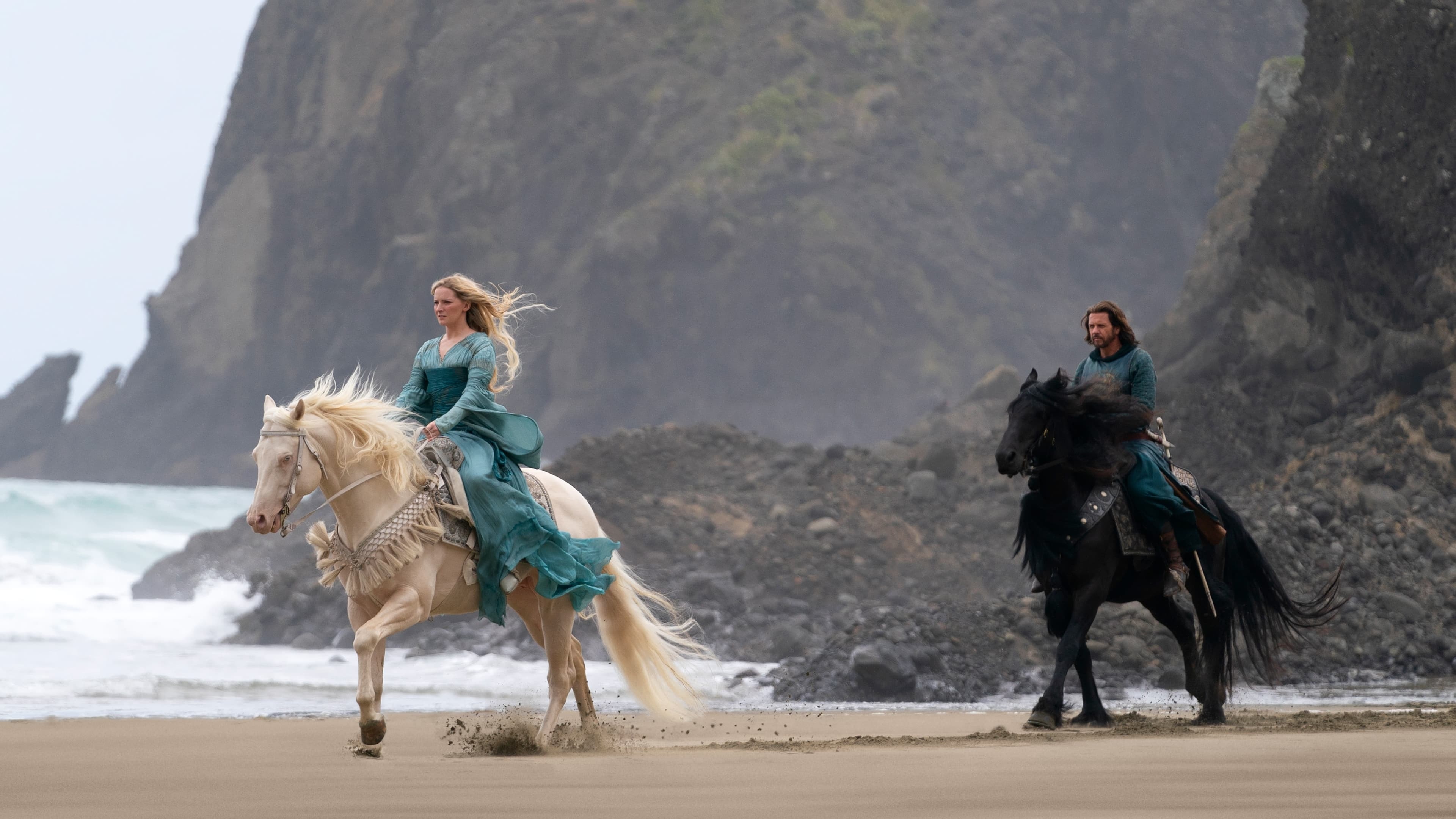Apparently the most expensive series to date, The Lord of the Rings: The Rings of Power has not been the success that society had hoped for.
Despite breaking Amazon Prime’s streaming record when it debuted, the series Amazon Studios touted Jennifer Salke as “culturally defining” had a disappointing 37% completion rate (i.e. the percentage of people who watched it from start to finish) in the United States. , and 45% abroad.
Major acting guilds and unions aren’t happy with the show either, which only received one SAG-AFTRA nomination, and that was for its stunt section.
However, Salke is convinced that The Rings of Power is a success. In his own words: “This desire to portray the show as nothing less than a success doesn’t reflect any conversation I have internally.”
However, directors and creatives at Amazon Studios are not happy. Speaking to The Hollywood Reporter, a veteran said: “There’s no vision of what an Amazon Prime series is. You can’t say, ‘They’re defending that kind of storytelling’. It’s completely random what they do and how they do it.”.
Another Amazon Studios executive said, “Amazon has more money than anyone. If they wanted to produce great TV series, they certainly have the resources to do it.” This resounding lack of success and internal disagreements are causing concern in the industry, especially at a time of financial cuts to many productions.
Salke, however, isn’t worried: “It’s been proven that big series are what get people to subscribe to Prime. Are we trying to be more disciplined, more strategic? Of course We are constantly reviewing whether we are producing the right amount of content at the right value to drive the highest engagement across our service.
The engagement is clearly unmotivated, as Amazon continues to lag other streaming services in both the popularity of its flagship IPs and user watch times.
Nielsen’s numbers for original series minutes watched ranked The Boys 11th and The Rings of Power 15th in 2022, and in 2021, no Amazon original series made the top 15. Salke remains optimistic that its “Amazon Originals” are on the rise and are an invaluable tool for expanding into global markets.
Salke explained that in some countries, Amazon-owned programming reaches consumers before sales and shipments from the platform, acting as a kind of cultural marketing. He said, “International is everything. Our business is to bring programs to a global audience.”
Despite these enthusiastic claims, it seems that Amazon still has some work to do to carve out a truly original niche in the entertainment industry.

